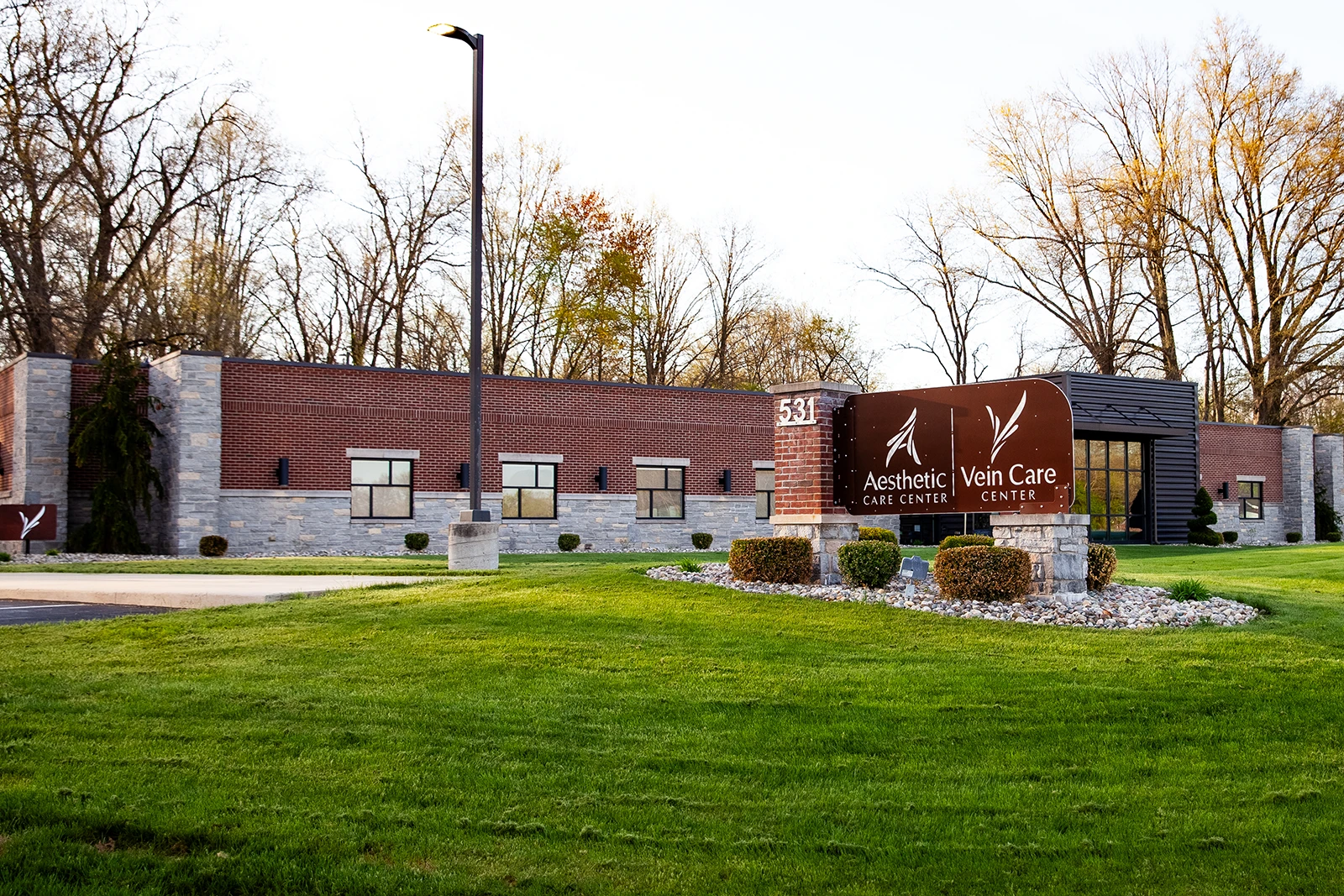“Gwynne is the best! She knows her job and does a fantastic job! Reception area was great also.”
Pelvic venous congestion syndrome is a frequently underdiagnosed condition that causes debilitating chronic pelvic pain in women of reproductive age. At the Vein Care Center, board-certified physician Dr. Manu B. Aggarwal and team provide expert diagnosis and advanced treatment options for this challenging condition that affects millions of women worldwide. The Vein Care Center is a leading vascular care provider serving Lima, Celina, and communities throughout Northwest Ohio, including Auglaize County and surrounding areas.




